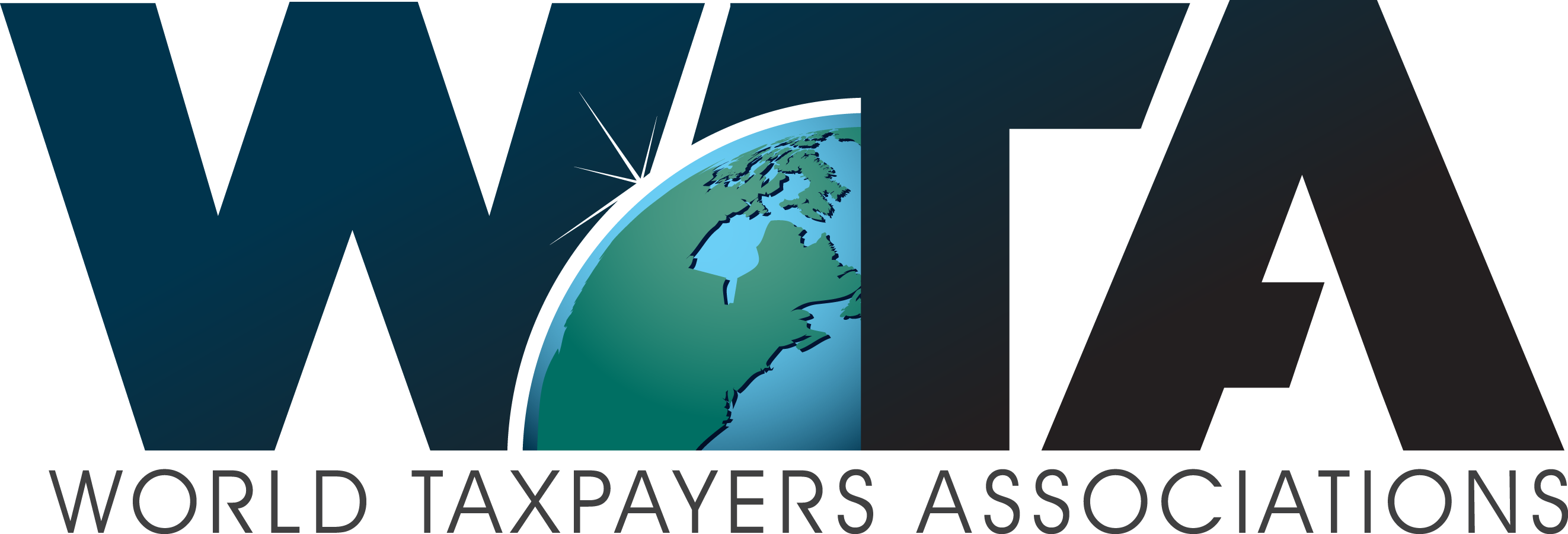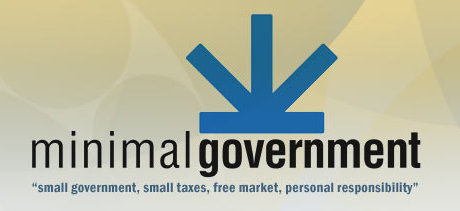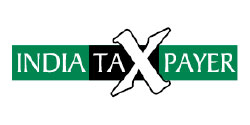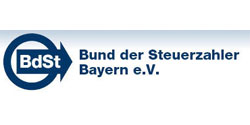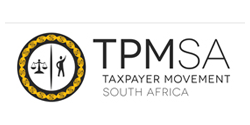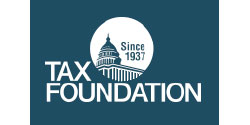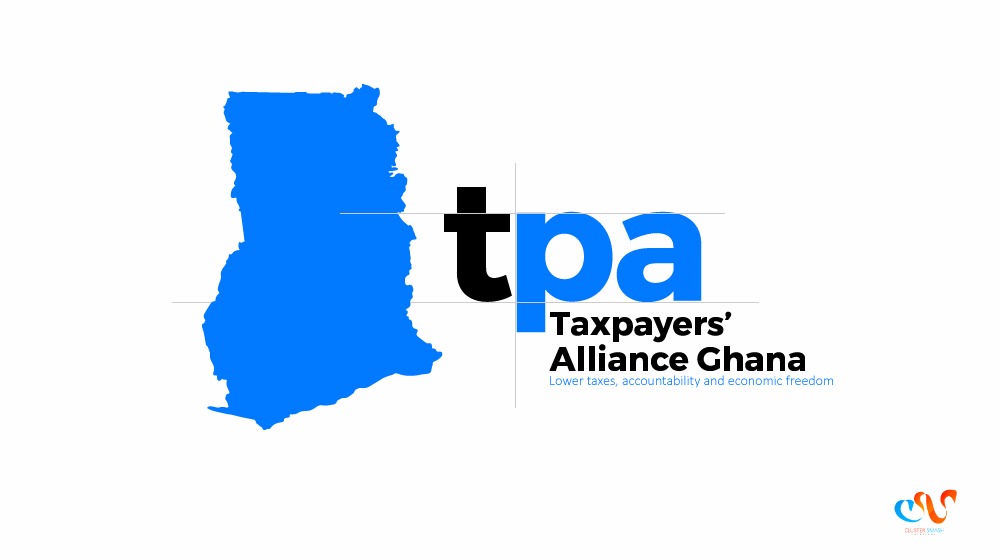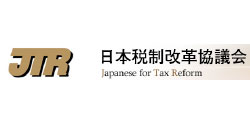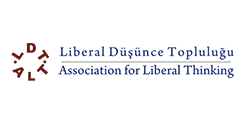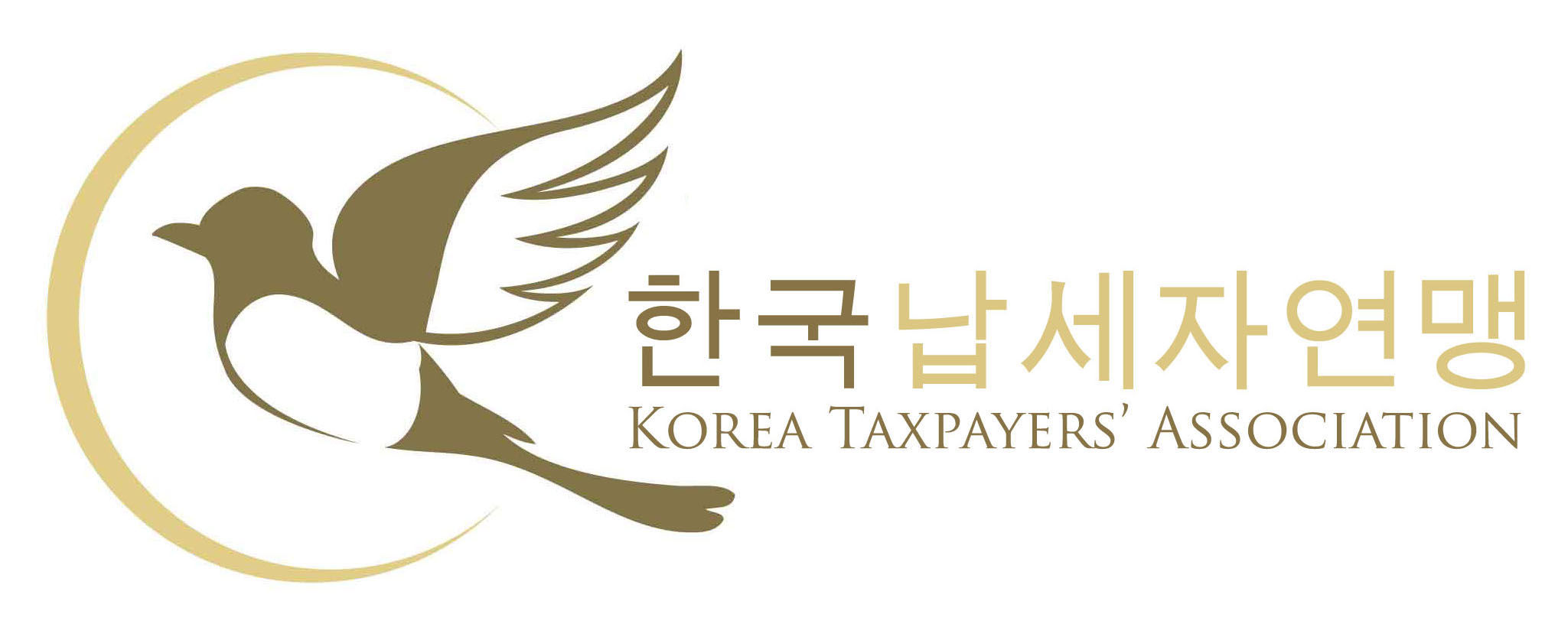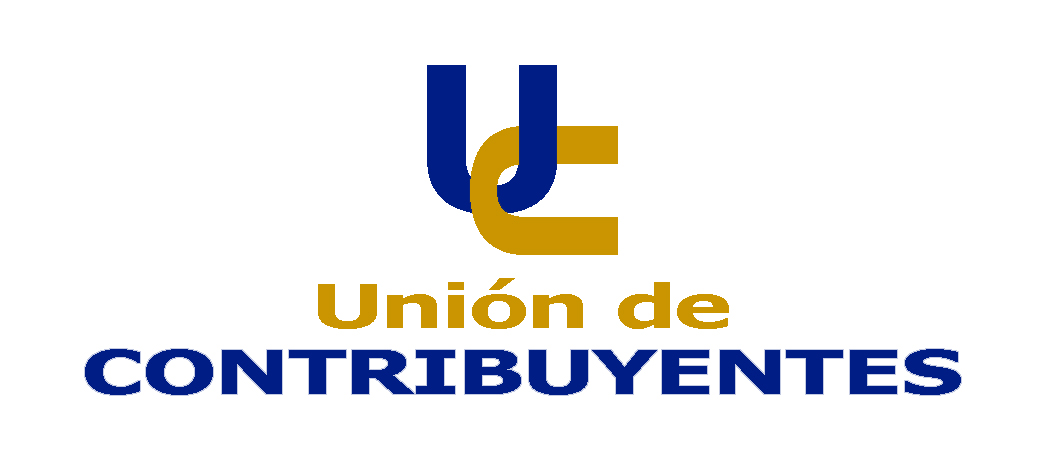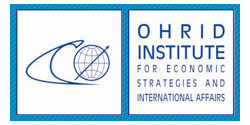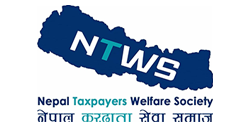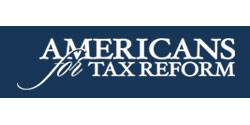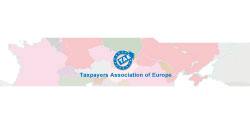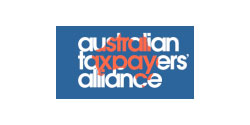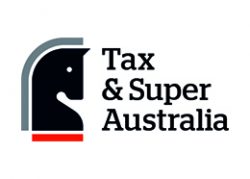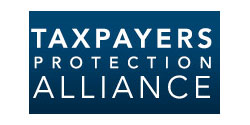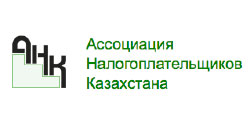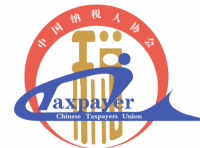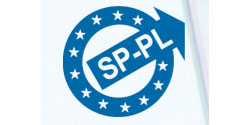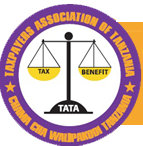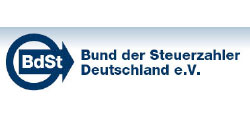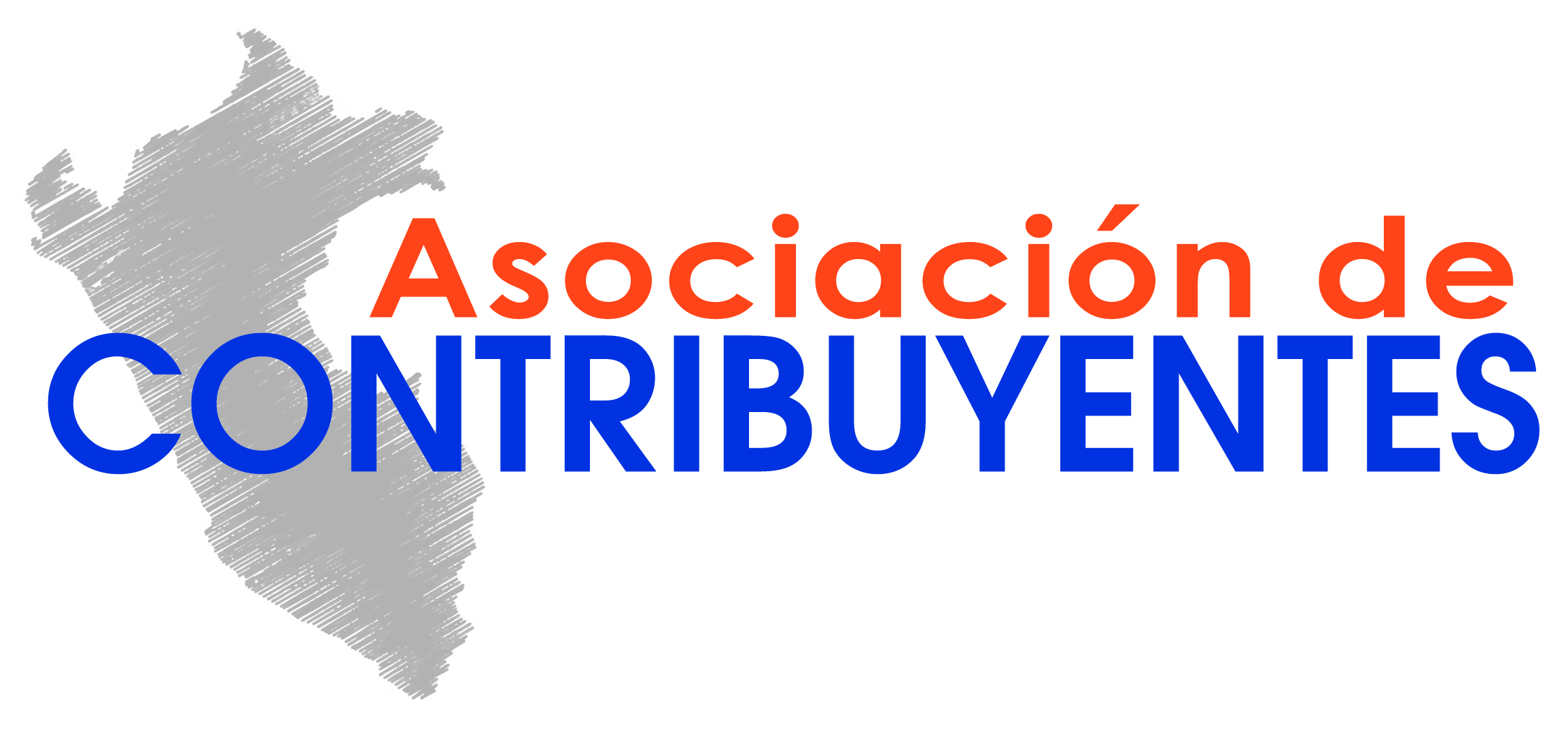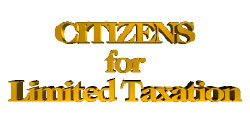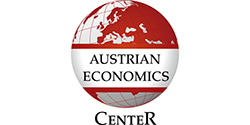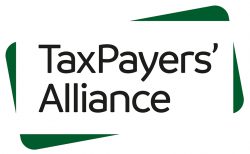WTA Chairman’s Update #7: October – December 2020
October – December 2020
Dear WTA members, observers and friends:
I hope you and your families are all safe and well in these strange times.
Here at the WTA we’ve pivoted from in-person gatherings to meeting online for the time being. We just held a successful online regional event for North and South America on December 4th. If you missed out, or are in another region, we are holding an event for Europe and Africa on January 12th. We’ll then be following that up with a session for groups in Asia and Australasia. I’d love to see you for these events!
As always, please visit our website and our Facebook group. Our community is only as strong and as beneficial as we choose to make it. Please work with our Secretary General Cristina Berechet to feed good content into this newsletter and our network at large.
I would especially encourage you to share tips on continuing your campaign during this crisis – better use of webinars, new fundraising ideas etc. I have joined lots of interesting online events and my organisation in London is making use of tech to appear on the media, too.
What else has your organisation done during this period? I’d love to know, and other members in the network will benefit from hearing from you.
I hope you all enjoy a peaceful festive season and I look forward to working with you all in 2021.
John O’Connell
Chairman and President, World Taxpayers Associations
Chief Executive, TaxPayers’ Alliance
E-mail | john.oconnell@worldtaxpayers.org
Next WTA events:
Taxpayers Regional Forum for Europe and Africa on January 12th, 2021
The first WTA-sponsored Virtual Taxpayers Regional Forum of 2021 will take place via Zoom on January 12th at 4 PM CET (10 AM EST).
In January 2021 World Taxpayers Associations is pleased to invite delegates to join us in an exchange of ideas and best practices to advance taxpayer advocacy in Europe and Africa.
Agenda
| 4:00 PM | – | 4:10 PM | John O’Connell. Chairman and President, World |
| Taxpayers Associations
Welcome and Introduction to Advocacy |
|||
| 4:10 PM | – | 4:50 PM | Fundraising and Communication in changing times |
| 4:50 PM | – | 6:00 PM | Activity and Blue Sky Session |
| Chair: Cristina Berechet. Secretary General, WTA. | |||
| This session provides taxpayer/ invited think tanks’ leaders the opportunity to introduce themselves. Also, leaders are encouraged to present new ideas, with an emphasis on collaboration, that have the potential to advance taxpayer advocacy. |
Please confirm your assistance to our Secretary General Cristina Berechet and let her know if you would like to present.
As above, we’ll then be following that up with a session for groups in Asia and Australasia.
The next WTA World Conference will be hosted by Contribuables Associes, the French taxpayer association, on a date to be confirmed.
Past Events
Taxpayers Regional Forum for North and South America on December 4th, 2020
The first WTA-sponsored Virtual Taxpayers Regional Forum took place via Zoom on December 4th.
Delegates from 9 countries joined the first Regional Taxpayers Forum of 2020. Attendees shared ideas on fundraising, social media, and tax and policy reform. Thank-you to everyone who participated.

Member News:
CANADA: Stop the Hidden Carbon Tax in Canada
The Canadian Taxpayers Federation (CTF) has launched a new campaign to scrap Prime Minister Justin Trudeau’s plans for a second carbon tax.
Prime Minister Justin Trudeau is getting ready to hammer Canadians with his second carbon tax and we need your help to stop it.
The first carbon tax approved by Justin Trudeau is punishing Canadians for heating their homes, fuelling their cars and trying to grow their economy. But now Trudeau is getting ready to make life tougher with this second carbon tax, which will be layered on top of the current tax.
Trudeau’s second carbon tax will be hidden in a fuel standard regulation that will require industry to reduce the carbon content of fossil fuels. If companies can’t meet the standard, they’ll have to pay a $350/tonne carbon tax. Ultimately, this tax will fall on struggling families and businesses.
You can sign the ONLINE PETITION to help CTF scrap this tax.
Dan McTeague of Canadians for Affordable Energy sent “kudos to the Canadian Taxpayers Federation for doing what it is doing and highlighting this very critical issue because it’s going to cripple the Canadian economy and reduce energy affordability in Canada to a level that we have never seen, certainly in our lifetime”.

SWEDEN: Swedish Taxpayers Haunted by Zombie Taxes
The Swedish Taxpayers Association has been campaigning against the reintroduction of the wealth tax, the inheritance tax, and the estate tax, abolished fifteen years ago. Halloween was the best excuse to launch a Facebook campaign against these Zombie taxes.

The Swedish Taxpayers Association has also be involved in the debate around the EU budget and the EU-taxes that will fall on the Swedish taxpayer if approved. In a meeting with the Minister for EU Affairs in Sweden, he promised that the EU will never be given the right to tax Swedish taxpayers.

UNITED KINGDOM: Policy Victory: End of Whitehall Unconscious Bias Training
A written ministerial statement confirmed that the British government will cease the funding of unconscious bias training after TaxPayers’ Alliance research found that over £400,000 was spent on such training in the last two years.
Responding to roll back of Whitehall unconscious bias training, I said: “Taxpayers will be glad that ministers have finally woken up and axed unnecessary unconscious bias training.
“With extensive laws already in place to prevent discrimination in the workplace, these costly courses were never required and saw officials ripped off in the rush to be right-on.
“If the government is serious about cleaning up the state and reducing the tax burden, it must continue to cut back the waste in the Whitehall workforce.”
The TaxPayers’ Alliance also launched a major investigation into government waste, in partnership with the Daily Mail. As Britain’s waste watchdog, the TPA sent a reminder to Rishi Sunak as prepared his spending review – he must root out wasteful spending as a matter of urgency. The TPA made the front page of Daily Mail as part of a four-day run of stories with the country’s biggest selling newspaper!
Key Findings:
- Senior civil servants banked at least £42 million in bonuses last year.
- Taxpayers paid out £81 million for trade union representatives to take time off work known as ‘facility time’.
- The Treasury spent £23,400 on travel, including first-class flights.
- £10 million was spent across government for staff to work from home over lockdown, including the purchase of designer furniture.
- The Department for Health and Social Care spent £50,000 on takeaways from ‘Bong Bongs Manila Kanteen’ during lockdown.
- Thousands were spent on luxury restaurants, steakhouses and even on a day at the zoo.
- DCMS paid out almost £500,000 on an art collection the public never sees.

EUROPE: Taxation and Economic Growth
Like many other taxpayers groups, Taxpayers Association of Europe (TAE) is concerned with the new initiative launched by the EU Commission, now packaged to finance the planned new EU debt, a digital tax, a carbon and plastic tax as new and additional sources of revenue. The OECD and the majority of members in the European Parliament also support these initiatives.
TAE invited Prof Richard Vedder from the Ohio State University to discuss on how tax increases and tax cuts affect growth and tax revenue in an online event that took place on December 17.
UNITED STATES: NTU’s Members Named Hill’s Top Grassroots Lobbyists for 2020
Congratulations to the National Taxpayers Union’s President Pete Sepp and Executive Vice President, Brandon Arnold, for being named as two of The Hill’s top Grassroots lobbyists for 2020. With Pete and Brandon’s leadership, NTU has made great strides in fighting for taxpayers.
Check the entire list here.
Publications
WORLD: Tax Foundation Launches 2020 International Tax Competitiveness Index
The Tax Foundation released the 2020 International Tax Competitiveness Index, which compares OECD countries on over 40 variables that measure how well each country’s tax system promotes sustainable economic growth and investment.
This resource gives a comprehensive overview of how developed countries’ tax codes compare, explains why certain tax codes stand out as good or bad models for reform and provides important insight into how to think about tax policy.
The best tax codes in the OECD:
- Estonia
- Latvia
- New Zealand
- Switzerland
- Luxembourg
The worst tax codes in the OECD:
32. France
33. Portugal
34. Poland
35. Chile
36. Italy
In particular, the Index looks at a country’s corporate taxes, individual income taxes, consumption taxes, property taxes, and the treatment of profits earned overseas in terms of how they adhere to the important tax policy aspects of competitiveness and neutrality.
It’s important to note that the Index measures both the level of taxes and how taxes are structured.
A well-structured tax code is easy for taxpayers to comply with and can promote economic development while raising sufficient government revenue.
A poorly structured tax system can be costly, distort economic decision-making, and harm domestic economies. Many countries have recognized this and have reformed their tax codes. Compare your country’s tax system with this interactive tool.
If you are interested in collaborating with the Tax Foundation to promote the Index in your country don’t hesitate to contact Daniel Bunn, Director of Global Projects at the Tax Foundation.

WORLD: Property Rights Alliance Releases its 2020 International Property Rights Index
Property Rights Alliance, in partnership with 122 think tanks released the 2020 International Property Rights Index. The Index measures 129 countries to offer a comprehensive insight on the strength of physical property rights, intellectual property rights, and the legal and political environments that enforce them. Renowned economist Dr. Hernando De Soto said, “Property rights guarantee freedom and provide incentives allowing people to live and work for a purpose and not be locked out of the formal economy. Without an integrated formal property system, a modern market economy is inconceivable”.
The unprecedented pandemic has quickly spread to all the continents and the world is expecting a vaccine to stop the fear. Global crises like the Coronavirus pandemic are critical in transforming research and innovation potential into solutions. Rapid response requires confidence in an IP system that works and policy that supports business. According to Dr. Sary Levy Carciente, author of IPRI “The relevance of respecting Intellectual Property Rights is the promotion of social and economic incentives to stimulate creation, innovation, and its dissemination.”
Intellectual Property policy plays a silent role in supporting new ideas and investments that are a key indicator for economic and social prosperity. Every job in some way produces or relies on creativity and commercial distinctiveness.
Key Findings
Three countries — Finland, Switzerland, and Singapore — have achieved the highest property rights protections. Finland remains 1st overall in protection of property rights, with a score of 8. 654. While the trade war between China and the United States has drawn attention to the importance of intellectual property rights, the IP gap remains the same. The United States earned a score of 8.050, while China got a 6.045 score.
Lorenzo Montanari, Executive Director of Property Rights Alliance and Editor of the Index says that “during this pandemic time, now more than ever it is evident how innovation and intellectual property rights are playing an important role in finding solutions to Covid-19. Property Rights are not only one of the most important pillars of any free society but also human rights as stated in the art.17 of the U.N. Universal Declaration of Human Rights.”
For more information, click here.

UNITED STATES: Tax Foundation Releases 18th State Business Tax Climate Index
The Tax Foundation released the 18th edition of its State Business Tax Climate Index. The State Business Tax Climate Index is a measure of how well states structure their tax systems.
To do that, the Index analyses more than 120 variables in the five major areas of taxation—corporate taxes, individual income taxes, sales taxes, property taxes, and unemployment insurance taxes.
The result is a powerful tool for understanding how your state’s tax code compares and the steps it can take to cultivate a more competitive tax climate.
The evidence shows that states with the best tax systems will be the most competitive at attracting new businesses and most effective at generating economic and employment growth.
To read the full report click here.

SPAIN: Regional Tax Competitiveness Index
In December 2020, the Foundation for the Advancement of Liberty and the Tax Foundation launched the third edition of its Regional Tax Competitiveness Index. This report, inspired by the Tax Foundation’s State Business Tax Climate Index, measures and ranks all 19 tax authorities on their performance to reduce and simplify taxes in order to attract companies, residents and employees.
The executive summary can be downloaded here.

EUROPE: December 17th is Credit Day across Europe
Credit Day was created by the Institut Économique Molinari to help the general public achieve a better understanding of the national budget of each EU Member States.
This year Credit Day for the European Union falls on the 17th of December. This is the day which, on average, EU member states have spent their tax-based revenues and start borrowing to meet their needs. Compared to 2019, this represents a one-day improvement, continuing the positive trend which began in 2018.
12 EU member states display a budget surplus, while 16 do not have enough funds to cover the whole year of spending. Some states show a remarkable change, such as Cyprus delaying its Credit Day considerably, while others remain relatively stable. Central governments bear the bulk of the deficit, while regional, local and social security administrations are generally stable in their surplus.
With Covid-19 hitting economies hard in 2020, the present data should be treated carefully. The expectations are that the average debt-to-GDP ratio in the eurozone will increase by 16.7 percentage, and governments should make sure borrowing regimes in this period are responsible and temporary.
Learn more about credit day here.

SLOVAKIA: Bureaucracy Index
The Institute of Economic and Social Studies (INESS) first introduced its Bureaucracy Index in Slovakia in 2016 to draw attention to the amount of red tape a small entrepreneur has to overcome daily just to do business.
The index is based on a straightforward methodology, using an analysis of a model company (micro-company with 4 employees producing blacksmith products) and all its bureaucratic duties are assigned a specific time cost. Slovakia announced their national results on September 20th, the International Bureaucracy Day.
If you are interested to learn more about the Bureaucracy Index or join and prepare your own country calculations for 2021, visit bureaucracyindex.org/.

Upcoming Atlas Network Events:
Latin America Liberty Forum 2021
June 10 – 11, 2021
Mexico City, Mexico
Liberty Forum and Freedom Dinner 2021
November 10-11
New York City, United States
Asia Liberty Forum 2021
December 16 – 17, 2021
Manila, Philippines
